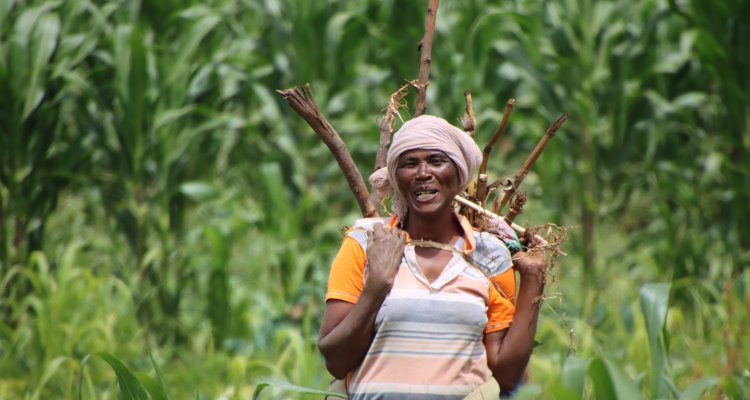
The board of the Wageningen Global Sustainability Programme, formerly known as INREF, has granted three new overarching projects. These projects will be executed during the next five years, contributing to the Sustainable Development Goals initiated by the United Nations.
Wageningen University finds it very important to contribute to the SDG’s within research itself. That’s why the Wageningen Global Sustainability Programme was initiated in 2000 and funding comes from the University’s own sources. Interdisciplinary research is core in all three projects that have been approved.
Oil-CLIPS: mitigating a new oil crisis
Indonesia and Colombia are major palm oil producers. Although there is a lot of discussion about palm oil it is an important source of income for millions of small holder farmers and provides affordable cooking oil for millions of households. The Production is facing threats from diseases: Basal Stem Rot (BSR) in Indonesia (and Malaysia), and Bud Rot (BR) in Colombia (and other Latin American countries). These diseases spread rapidly, affecting oil palm production. Project Oil-CLIPS aims to understand and manage BSR and BR under changing climates and farming practices, preserving oil palm landscapes and livelihoods. The project takes an interdisciplinary approach, involving partners like Wageningen University, CeniPalma (Colombia), and University Gadjah Mada (Indonesia), with expertise in Phytopathology, climate studies, farming systems, and social sciences/economy.
All approved proposals
- Oil-CLIPS: mitigating a new oil crisis – Project leader Maja Slingerland
- Food Security Intelligence, FSI: From data to intelligence, a collaborative knowledge system for the sustainable improvement of food and nutritional security – Project leader Joost van Heerwaarden
- CONNECT: Transdisciplinary research to connect conservation and development through basic income support – Project leader Robert Fletcher
